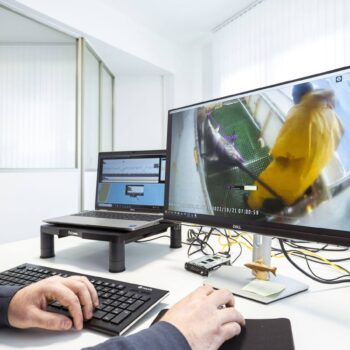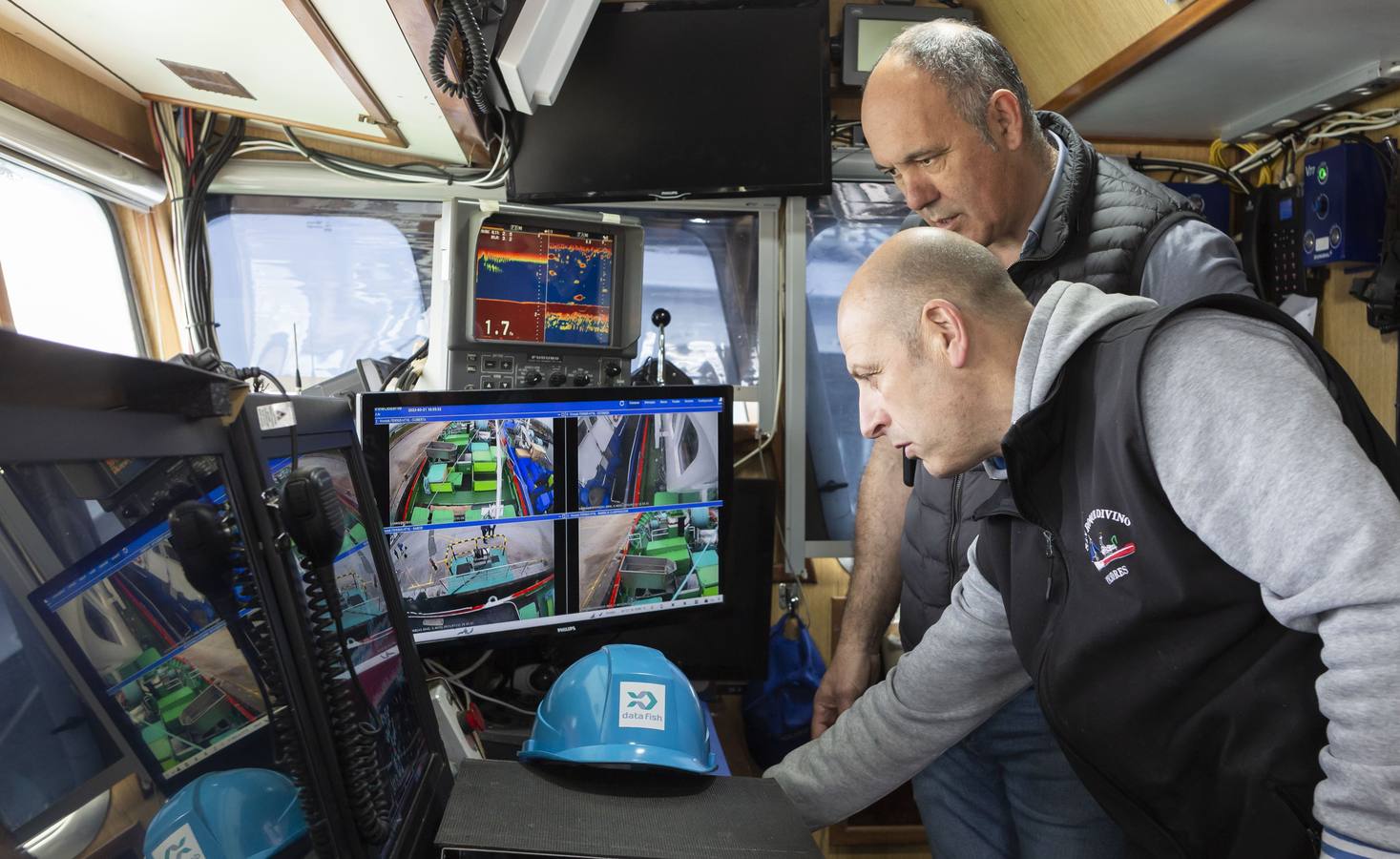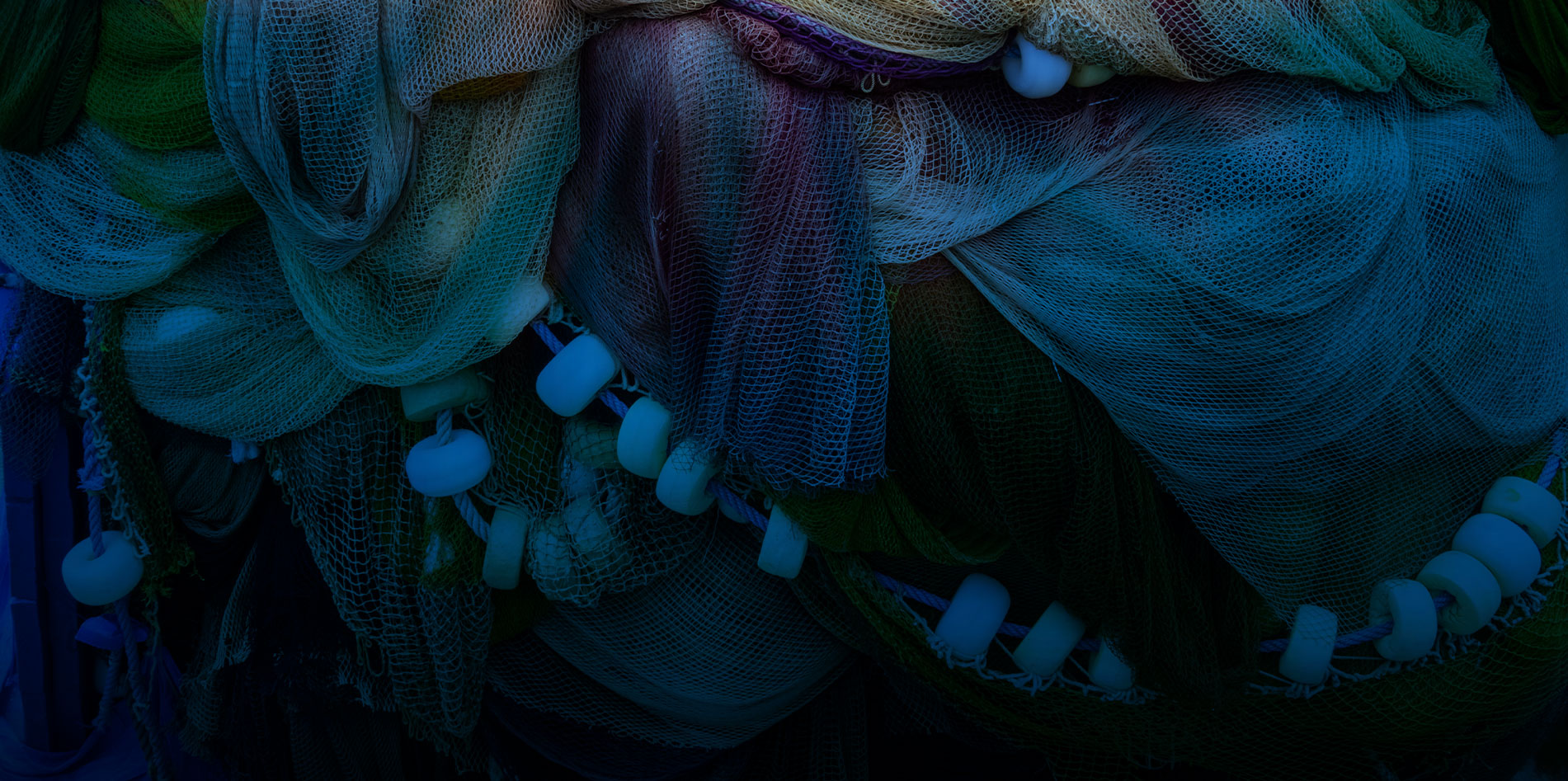
DATAFISH
Physical observation and electronic monitoring to assess stocks and certify the good practices of the sector

Nicolás Troncoso
Managing Director of Datafish Technology Solutions
DATAFISH
Specialised in collecting and processing fishing data, Datafish is the only company in Spain which carries out physical observation and electronic monitoring. Nicolás Troncoso, manager of Datafish Technology Solutions explained: “It’s an activity which contributes to the sustainability of our seas and oceans in two ways. One of which is via physical observation services, where our observers collect scientific data for AZTI scientific & technological centre that are used for assessing different stocks. Nevertheless, we also contribute to the sustainability of seas and oceans when our imaging analysts revise the thousands of hours of recording to certify the good practices of our ship-owners in both tuna and Albacore Tuna fishing. All of this thanks to our highly qualified staff in Bermeo and Vigo, with vast experience in physical and electronic observation.”

What do the physical and electronic observations consist of?
As part of the physical observation, we provide scientific observers with different goals to collect data in the Basque Country for the Spanish fishing sector Basic Data collection, management and use National Programme (PNDB) via AZTI Foundation, the scientific centre responsible for the same. And on the other hand, we also provide scientific observers for tuna traps, experimental campaigns or selecting fishing gears, which we do for our ship-owners under the supervision of the corresponding scientific body. In the electronic monitoring we take part from the installation design stage to the drafting of the final reports, so we’re present throughout the entire process. We design the installation plans according to what the monitoring is required for (unloading obligation, good practices or RFMO reports), and set up the installation with equipment configuration when required and finally collect the data to draft the final reports. In both cases, the observers verify what’s caught and how.
How do they influence the fishing processes?
Our activity is essential when determining good practices which might be applicable in different gears; likewise we provide vital data to assess stocks of different species. Both the data collected by our physical observers and those resulting from REM system imaging analyses are uploaded to the databases of the scientific bodies in charge. Our customers are more and more firmly committed to the search for sustainable fishing and use electronic monitoring as a tool capable of generating data of value which validate their good practices and provide their activity with transparency. At Data Fish we’re constantly looking to make this process ever more efficient using AI tools and machine learning.

What other projects or services do you have in progress?
We currently have a pilot project in progress with the General Fishing Secretariat to control the unloading obligation via electronic monitoring, we’ve been using this since 2021 with different fishing gears to determine how far electronic monitoring can reach depending on each fishing gear. We also accompany our customers in good practices certification processes such as MSC or Friend of the Sea.
How do you view the sector future?
We prefer to be optimistic and think that provided fishing goes hand-in-hand with science there’s a hopeful future. In this sense, I think the tuna and albacore tuna sectors are an example of how to do things well.
«The European fleet, particularly the Spanish one, is the one which best meets the SDG14 premises because it admits scientific advice to seek said sustainability»
And is there good progress towards SDG14 achievement?
I think the European fleet, particularly the Spanish one, is the one which best meets the premises of this goal, not only because it’s subject to greater control by the Administration but also because in many cases it really does admit scientific advice when aiming for sustainability. Proof of this is that the good practices electronic monitoring programme regarding tropical purse seining, which has been operational since 2012, is one of the few functioning worldwide. We can likewise mention the albacore tuna and anchovy, which hold MSC sustainable certification and are an example of sustainable fishing. At European level, we’re taking part in a consortium for the use of AI to differentiate species in fishing gears like longline fishing and tropical seining.



